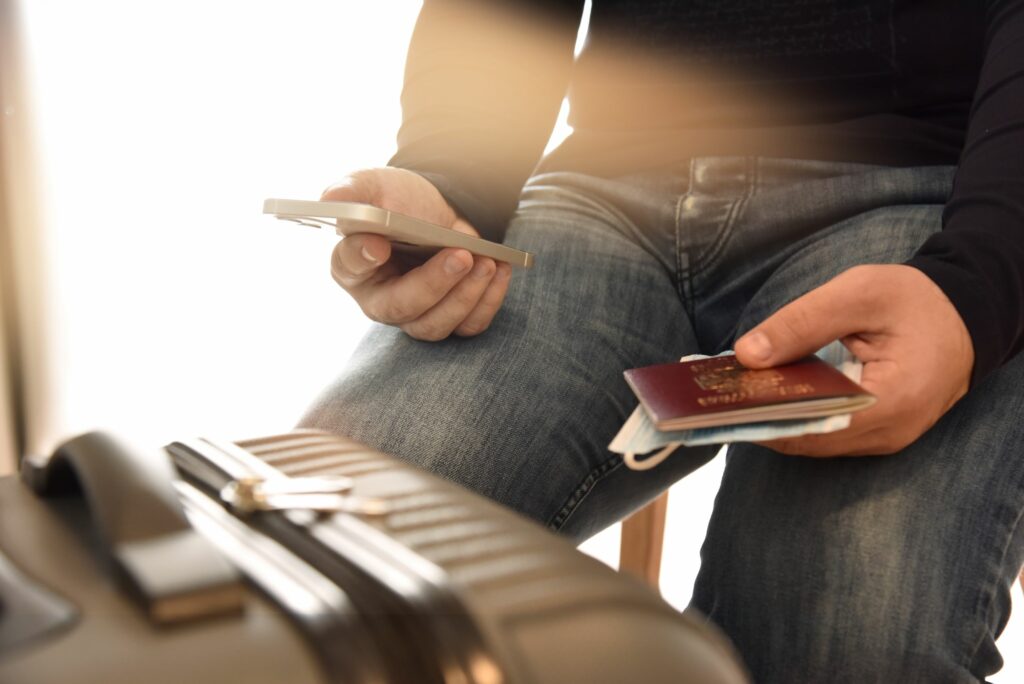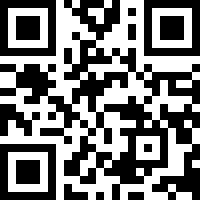Experts suggest that people who want to avoid pandemic limitations relating to vaccination status are finding it easy to obtain fraudulent vaccination cards.
As the COVID-19 delta variant spreads and the pandemic shows no signs of abating, researchers claim that people all across the world are finding it simpler to get around vaccination regulations – by acquiring fraudulent vaccine cards online.
According to The New York Times, 45 state attorneys general in the United States have joined forces to call on Twitter, Shopify, and eBay to ban the sale of counterfeit and stolen immunization cards. Meanwhile, colleges and institutions in the United States are increasing concerned about how easy it is for students to cheat the system when it comes to vaccine obligations, according to The Associated Press.
In late January, little rectangular slips of paper began to appear for sale on Etsy, eBay, Facebook, and Twitter. The sellers sold them for $20 to $60 individually, with a discount for three or more bundles. Laminated ones are more expensive. All were forgeries or faked versions of Centers for Disease Control and Prevention vaccination cards, which are given to people in the United States who have been immunized against COVID-19.
The small white piece of cardstock given to Americans after they have received the necessary COVID-19 doses is the sole official way to show confirmation of full immunization on the spot. However, the Federal Trade Commission claims that those simple cards, which are easily copied by fraudsters, were never intended to provide long-term proof of vaccination status.
Fake vaccine cards are not only harmful to public health, but they are also illegal, according to the FBI. Unauthorized use of an official government agency’s seal is punishable by a fine or up to five years in prison. Selling counterfeit vaccination cards violates federal regulations that prohibit the use of the CDC logo. They said that if the cards were stolen and filled out with fraudulent numbers and dates, they might violate identity theft laws. Profiteers, however, have persisted as demand for the cards has grown from anti-vaccination activists and other groups. Airlines and other companies have lately stated that they may require confirmation of COVID-19 immunization in order for people to travel or attend events safely.
Health and Legal Consequences of Selling and Using a Fake COVID-19 Vaccine Card
The Department of Health and Human Services, Office of Inspector General (HHS-OIG), and the FBI are warning the public to be on the lookout for anyone selling fraudulent COVID-19 vaccination record cards and urging others to make their own. Fake vaccination record cards have been advertised on social media platforms, e-commerce platforms, and blogs.
Vaccination record cards are designed to give recipients of the COVID-19 vaccination information about the brand of vaccine they received and when they might be able to receive an additional dose of the vaccine. According to HHS-OIG, if you did not obtain the vaccine, do not purchase counterfeit vaccine cards, construct your own vaccine cards, or fill out blank vaccination record cards with incorrect information. By falsely claiming to be vaccinated when accessing schools, public transportation, businesses, gyms, or places of worship, you put yourself and others at risk of contracting COVID-19. Unauthorized use of an official government agency’s seal (such as HHS or the Centers for Disease Control and Prevention (CDC)) is also a crime that may be penalized under Title 18 United States Code, Section 1017, and other related statutes.
How to protect your authentic vaccination cards
The American Medical Association provides advice on how to handle immunization cards.
It is crucial, according to the organization, to have a backup copy of an immunization card. They also advise against laminating your card. This is because additional information, such as booster shot status, may be required. They also recommend that you keep a photograph of yourself holding the card in case you need to request another copy from your vaccine provider.
Read More: Technologies and Digital COVID-19 Vaccination Certificates


